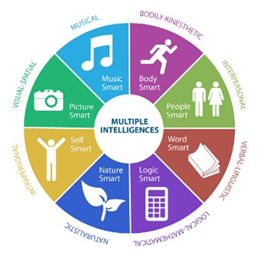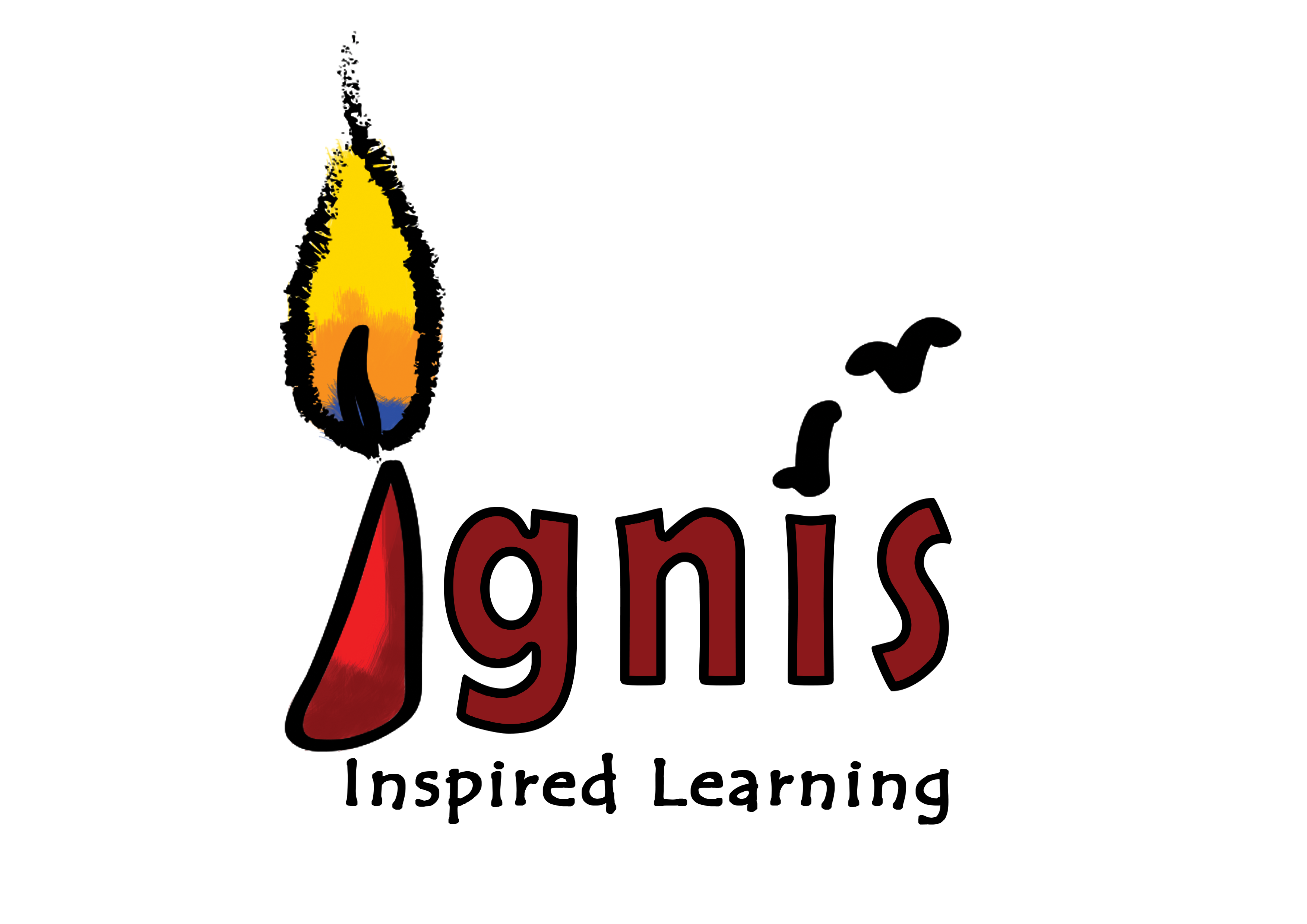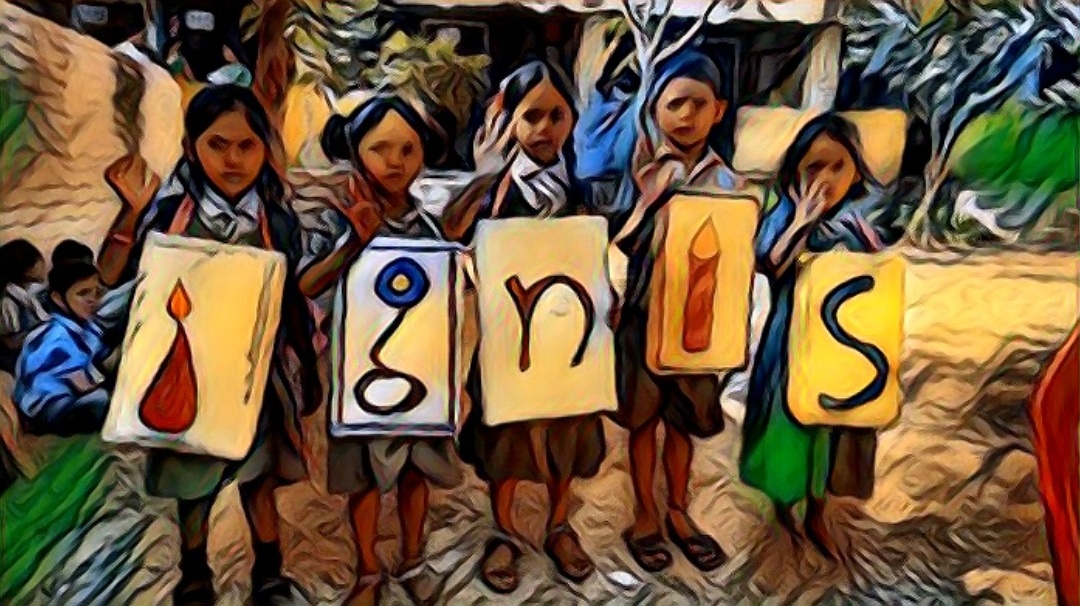This is the story of a social enterprise that started out nine years ago, in a rural village. This is Ignis’ story.
Education in India currently focuses on providing students with the ability to score well in tests with little emphasis on enabling them to develop their abilities. A handful of elite progressive schools do provide holistic education to primary and high school level learners. Few and far between, these schools are expensive and inaccessible to a vast majority of the learning populace.

During their time as postgraduates at the Jawaharlal Nehru University, Delhi where they first met, the Rennis Joseph and Imma Mary were struck by the plight of rural Dalit students who did not lack intelligence but were disadvantaged by the lack of exposure that their fellow students from privileged backgrounds enjoyed. While a relatively short bridge program did help alleviate the plight, they quickly realized that the actual problem lay elsewhere.
Moved by the pressure that the average learner faces, and the prison-like character of the vast majority of schools that curbed creativity, independent thought and free expression while emphasizing rote learning, Imma and Rennis decided something needed to be done. Inspired by a strong sense of social justice, they resigned from well-paying steady employment to establish an initiative that would soon grow into Ignis Careers.
Despite the suspicion among his peers who kept warning of the neo-colonial dimensions of promoting English, Rennis and Imma understood that the key to progress is for the underprivileged to efficiently appropriate the language as a potent tool for empowerment. Thus was born the idea of the English and Life Skills Lab. ELSL focuses on English, not as just another subject, but on its use as a medium for effective communication and a tool for knowledge acquisition. The student-centred functional approach helps learners to quickly internalize concepts and boosts confidence. Multiple-intelligence concepts are integrated into the curriculum to enable the learner to relate what they learn not just to the other subjects, but also their life experiences beyond the classroom.
Rennis’ familiarity with the English language and teaching harmonized well with Imma’s expertise social theory and together they set about developing a curriculum that merged English language teaching with a life skills curriculum. They took care not to dress up moral instruction as life skills but provided the students with the tools and the knowledge to discover the benefits of social harmony, cooperation, and empathy for themselves.
In 2008, they established Ignis Careers and recruited a team of dedicated young graduates and professionals. True to their guiding principles, they place little value on the certificates, grades or even the field of study among the recruits but instead focus on their potential, creativity and willingness to learn. Since then Imma, Rennis and the team at Ignis has worked with over 500 schools to build the capacity of its teachers and enable them to effectively adapt curricula to provide students with a holistic learning experience.

All Ignis programs are inspired and guided by principles drawn from sociolinguistics, language acquisition patterns, behavioural studies, and pragmatism. Ignis helps teachers identify and use innovative ideas and resources to shift from a teacher-centric classroom to a learner-centric classroom that encourages children to actively engage with the concept. A democratic classroom environment ensures that all children receive the attention they require and encourages strong peer bonding, mutual support and cooperative learning practices ensure that children learn empathy and the importance of working in groups at the early stages.
Ignis Careers’ proactive continual hand-holding integrates effective teacher training, monitoring, evaluation and remedial engagements with creative participatory methodologies. Ignis’s year-long training and guidance help teachers become empathetic and innovative mentors. An efficient and non-intrusive tracking and monitoring system ensures that the curriculum is completed on time and that the stakeholders experience tangible benefits from the services.

